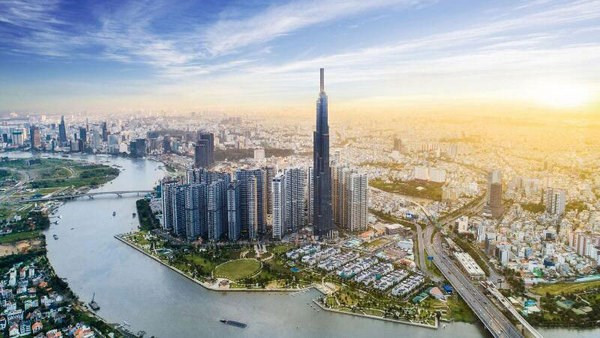
Duong Thuy Dung, Senior Director of CBRE Vietnam, noted that the first branded residence projects were developed 20 years ago in association with hotel management brands and motivated by the existing tourism market.
However, the situation is gradually changing as the business class, merchants and billionaires thrive in both quantity and quality, leading to increasing demand for luxury products.
Recognising these opportunities, luxury brands have joined the fray that led to the birth of branded residences. Worldwide, the supply of lifestyle luxury real estate accounts for about 15-20% of the total luxury real estate, she said.
She noted that in Vietnam, branded residence projects only appeared in 2021, but according to CBRE's statistics, this model has overwhelmed the world real estate market with a proportion of over 60%.

Wealth-X, an US organisation specialising in wealth research, the number of rich people with net assets from 1-30 million USD in Vietnam is forecast to grow about 10.1% in the 2018 - 2023 period, putting Vietnam in the top five countries with the fastest growth rate in the world.
In 2021, Vietnam saw the first luxury real estate projects in the ultra-luxury segment selling for over 12,000 USD per sq.m. The Grand Marina Saigon and The Grand Hanoi have an average price of 14,700 USD and 25,000 USD per sq.m, respectively, with 70% of the apartments sold.
According to Dung, lifestyle branded real estate is not only seen as an asset but also a measure of the owner's class. The appeal of lifestyle branded residences comes from connectivity with luxury brands and sustainable value. This type meets the needs of the elite - those who have the need to affirm their class and own branded items, and are interested in lifestyle and living experience.
CBRE forecasts that the trend of this type of real estate will develop strongly, especially in Vietnam, driven by the growth of the super-rich and the development of the luxury goods market.
Source: VNA